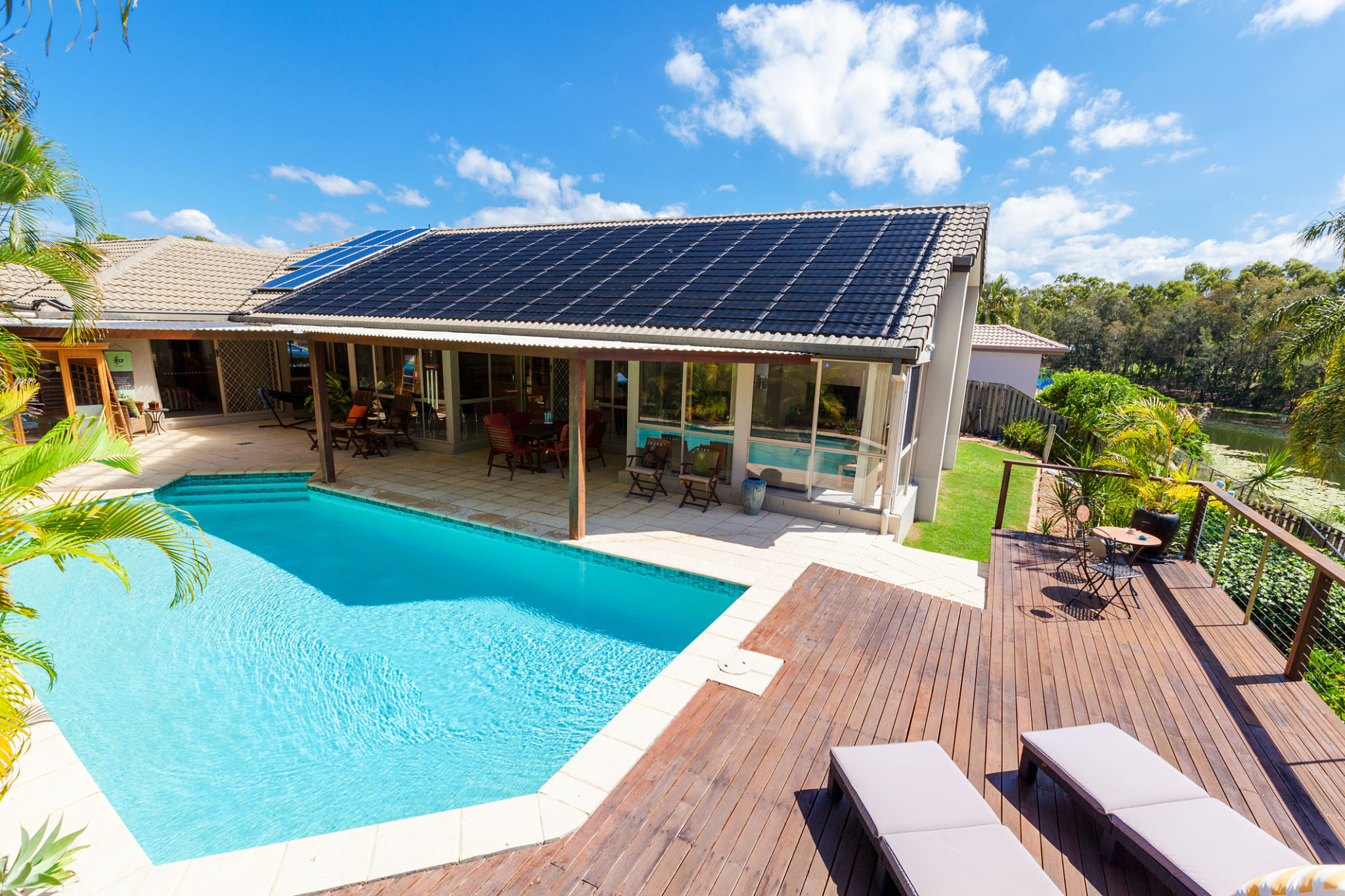Exploring Eco-Friendly Pool Designs: Sustainable Trends in the UK Market
The Rise of Eco-Friendly Pools in the UK
As environmental awareness grows, more UK homeowners are seeking ways to reduce their carbon footprint, even when it comes to leisure and recreation. One area where this trend is becoming particularly prominent is in swimming pool design. Eco-friendly pools are not just a fad; they represent a significant shift towards sustainability in the home. By incorporating sustainable materials and energy-efficient systems, these pools aim to minimize environmental impact while still providing a luxurious experience.
Traditional swimming pools can be heavy on resources, requiring significant amounts of water, chemicals, and energy to maintain. In contrast, eco-friendly pools use innovative designs and technologies to reduce resource consumption. This shift is not only beneficial for the environment but can also result in cost savings for homeowners in the long run.

Natural Pools: A Chemical-Free Alternative
Natural pools are gaining popularity for their unique approach to water filtration. Unlike conventional pools that rely on chlorine and other chemicals, natural pools use plants and biological filters to keep the water clean. This not only reduces chemical usage but also creates a more natural swimming environment that is gentle on the skin and eyes.
In a natural pool, the swimming area is separated from a regeneration zone where aquatic plants thrive. These plants work alongside beneficial bacteria to purify the water, creating a self-sustaining ecosystem. The result is a pool that blends seamlessly with the garden, offering aesthetic appeal alongside environmental benefits.

Solar Heating and Energy Efficiency
Another significant trend in sustainable pool design is the use of solar heating systems. By harnessing the power of the sun, pool owners can significantly reduce their reliance on traditional energy sources. Solar panels can be installed to capture sunlight, which is then used to heat the pool water, extending the swimming season without increasing energy bills.
Beyond solar heating, many eco-friendly pools incorporate energy-efficient pumps and LED lighting. These technologies consume less power than their traditional counterparts, helping to reduce the overall energy footprint of the pool. By choosing these systems, homeowners not only contribute to environmental preservation but also enjoy lower utility costs.

Water Conservation Techniques
Water conservation is a crucial aspect of sustainable pool design. With water shortages becoming an increasingly pressing issue, especially during dry spells in the UK, finding ways to conserve water is essential. One method of achieving this is through the installation of covers that reduce evaporation when the pool is not in use.
Additionally, rainwater harvesting systems can be integrated into pool designs to collect and reuse rainwater for filling and maintaining pool levels. These systems are highly effective in areas with frequent rainfall and can drastically cut down on water usage from traditional sources.
The Role of Sustainable Materials
Eco-friendly pools often incorporate sustainable materials in their construction and finishing. For instance, recycled glass tiles, sustainable wood decking, and eco-friendly liners are increasingly being used as alternatives to conventional materials. These choices not only reduce environmental impact but also add a unique aesthetic appeal to the pool area.
The use of local materials further enhances sustainable credentials by minimizing transportation emissions. By opting for locally sourced stone or timber, homeowners can support local businesses while reducing their carbon footprint.

Future Trends in Eco-Friendly Pool Design
The future of eco-friendly pool design looks promising as technological advancements continue to provide new opportunities for sustainability. Innovations such as automated maintenance systems that optimize chemical usage and advanced filtration technologies are set to play a significant role in the coming years.
Moreover, as awareness grows and demand increases, it is likely that more affordable options will become available, making eco-friendly pools accessible to a broader range of homeowners. This shift will further contribute to a more sustainable future for recreational spaces across the UK.
